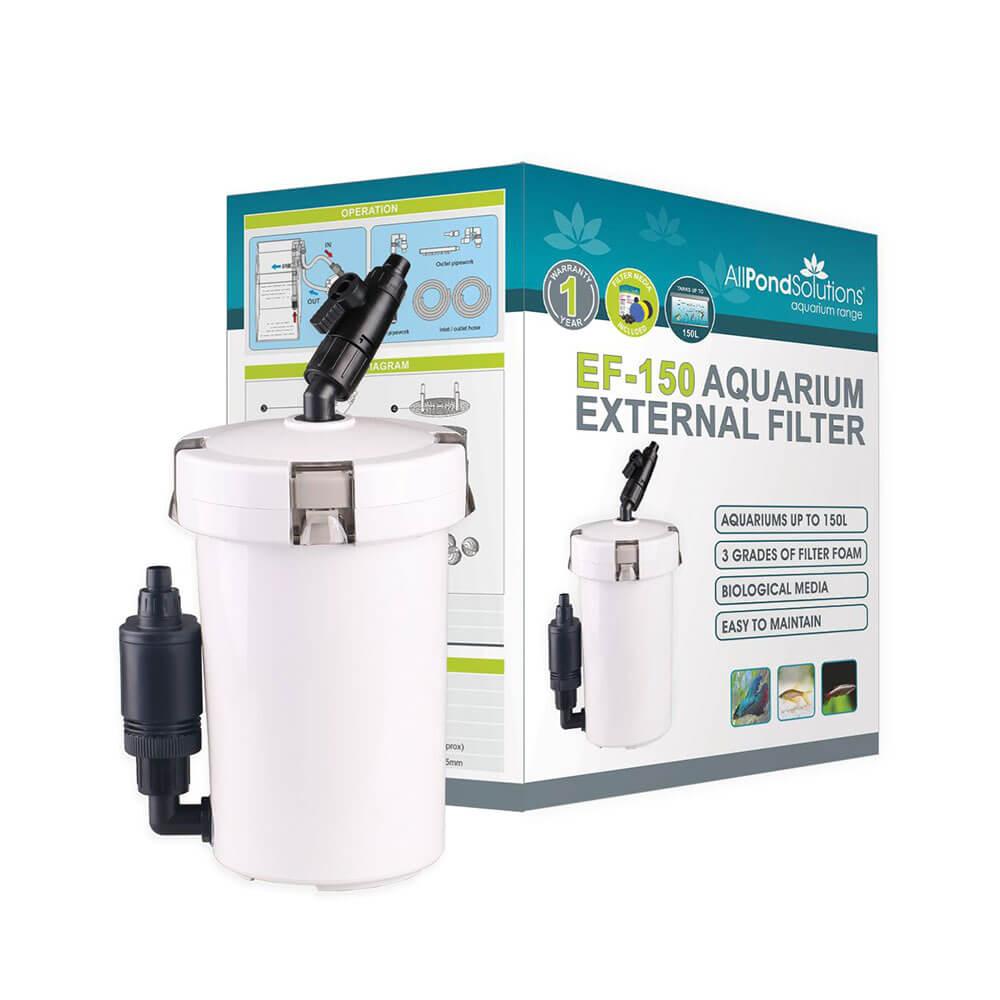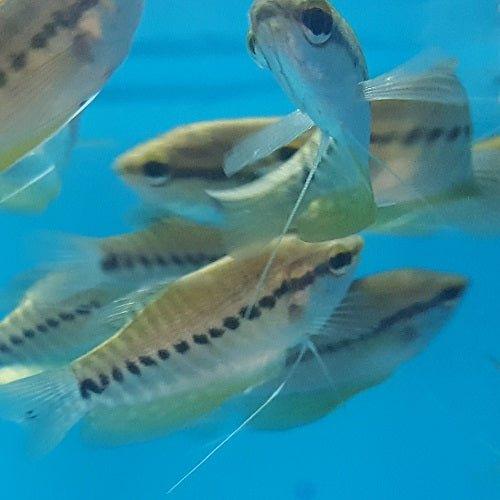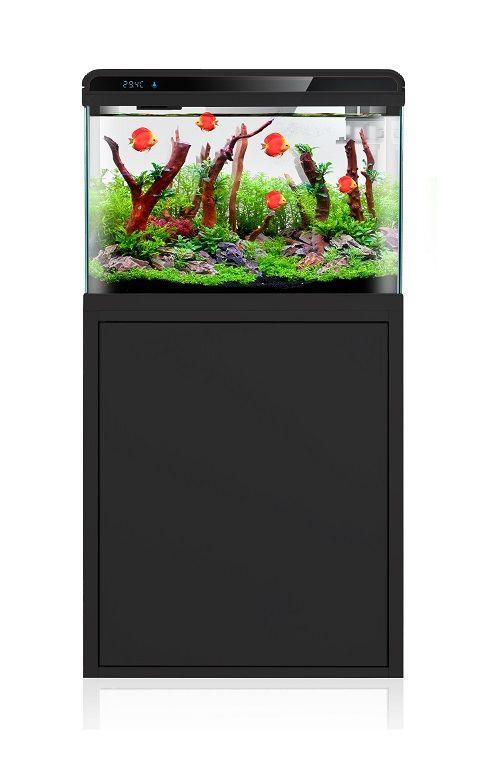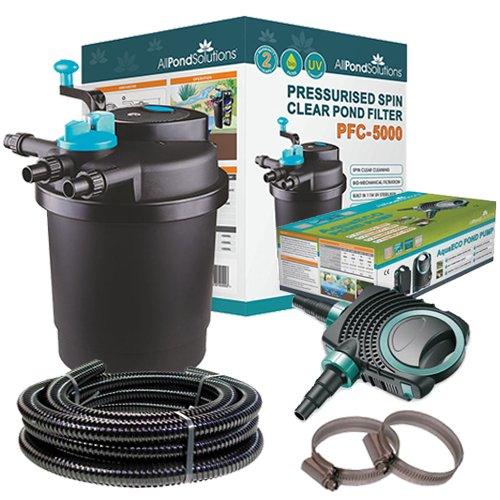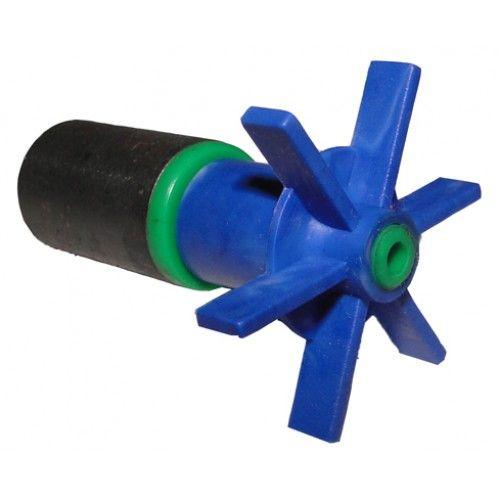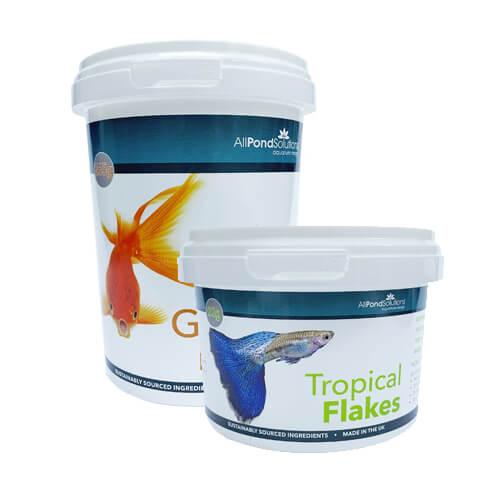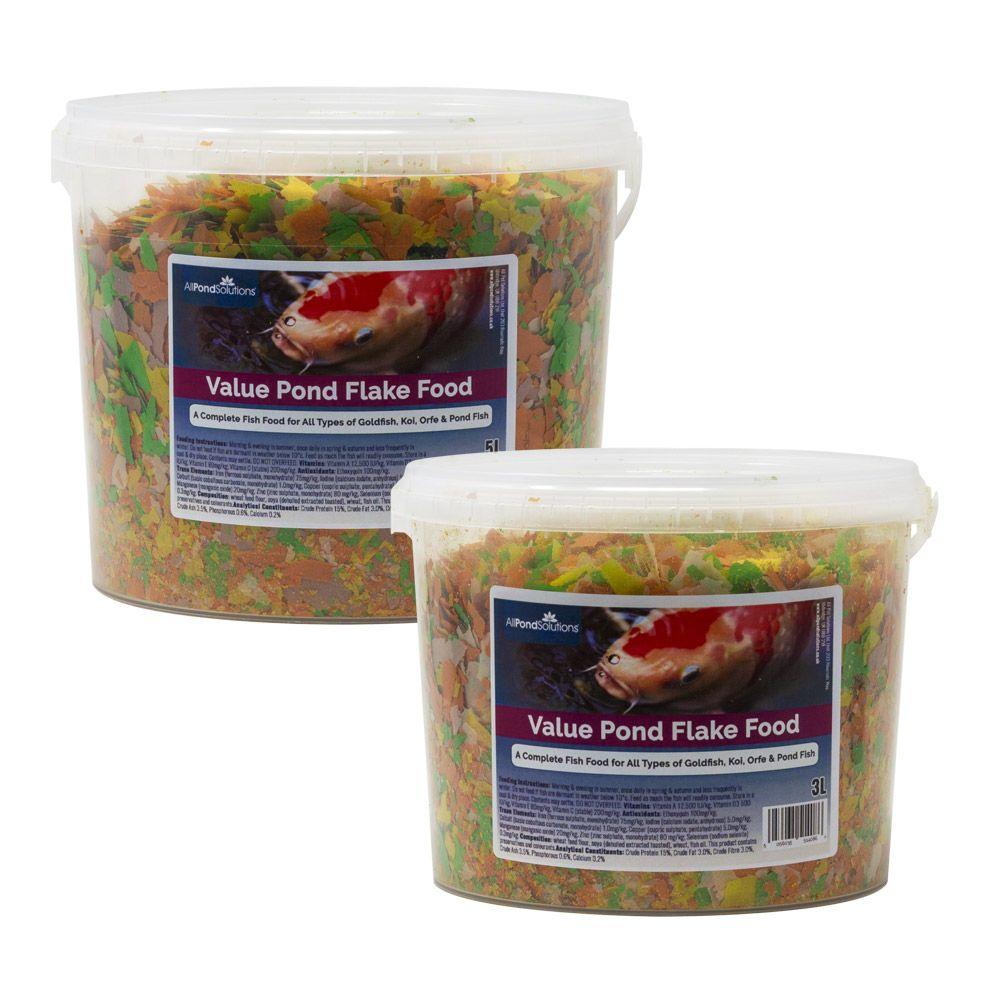Scientific Name: Trichogaster pectoralis
Please note – The image used above is for illustration purposes only; Size, colour and sex may vary. Many of our livestock species are sold as juveniles and have not yet reached their full size and colour potential. If you have any concerns about the size or colour of the livestock you wish to order, please contact our livestock team via our support centre before placing your order. Due to the large quantities of livestock orders daily, the livestock team will are unable to select fish / shrimp to meet specific gender or aesthetic needs.
Approximate purchase size : 4 - 6cm
All Pond Solutions will always endeavour to supply as close to the approximate size range as possible. Due to variations from suppliers on rare occasions this may not always be possible. Images used are to show the full potential of the fish when fully mature and are not always representative of juvenile specimens.
How easy are they to care for?
Ideally suited to a well planted aquarium with slow moving docile tank mates. These are of a moderate level of care due to their timid nature.
How large can they grow?
30cm
Where in the world are they from?
Found throughout southeast asia.
What is the ideal number to keep together?
Will happily coexist with similar species, but can be kept in pairs or large groups.
What water conditions do they require?
Water requirements are quite broad ranging, will accept 22-27 degrees C with a pH range of 6.0 - 7.5.
What should you feed them?
In order to promote best colour a broad range of frozen or live foods should be offered along side a diet of crushed flake or slow sinking pellets.
How compatible are they with other fish?
A fairly peaceful larger species of gourami. Should not be kept with species it can fit in its mouth but otherwise generally harmless.
Can they be bred in captivity?
A known bubblenest builder which will happily form temporary pair bonds. Often isolated to pairs by breeders once pairs have been identified.
